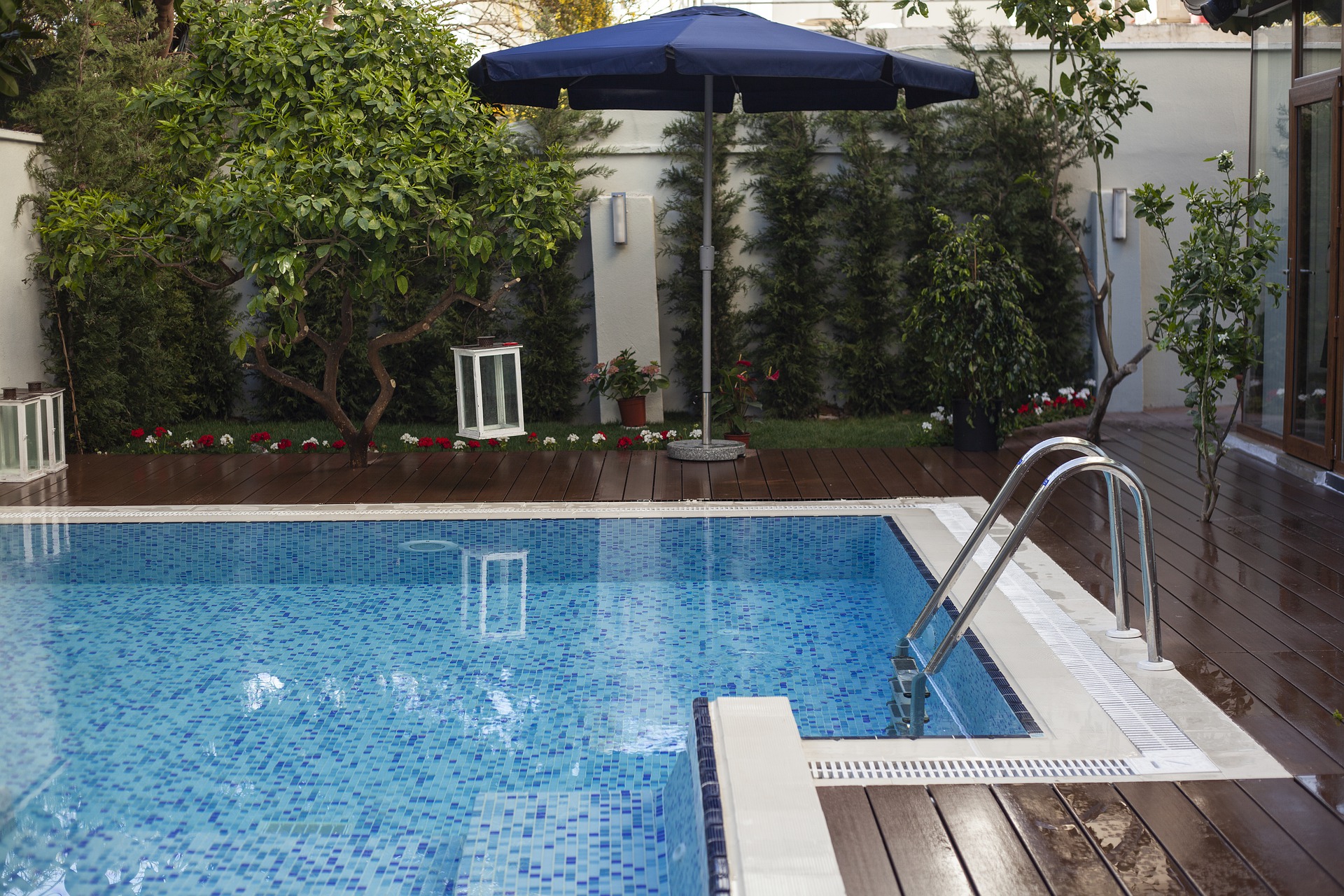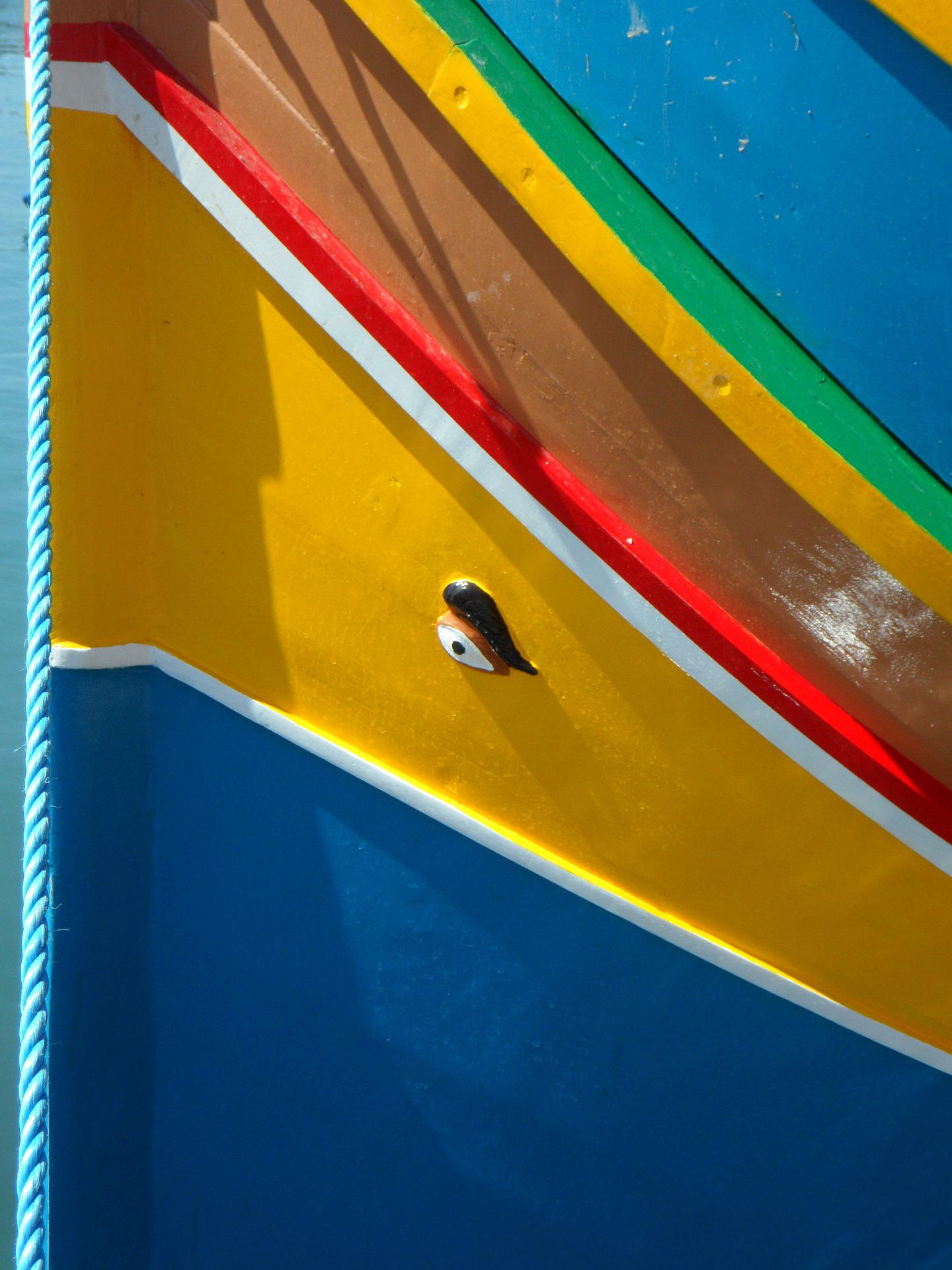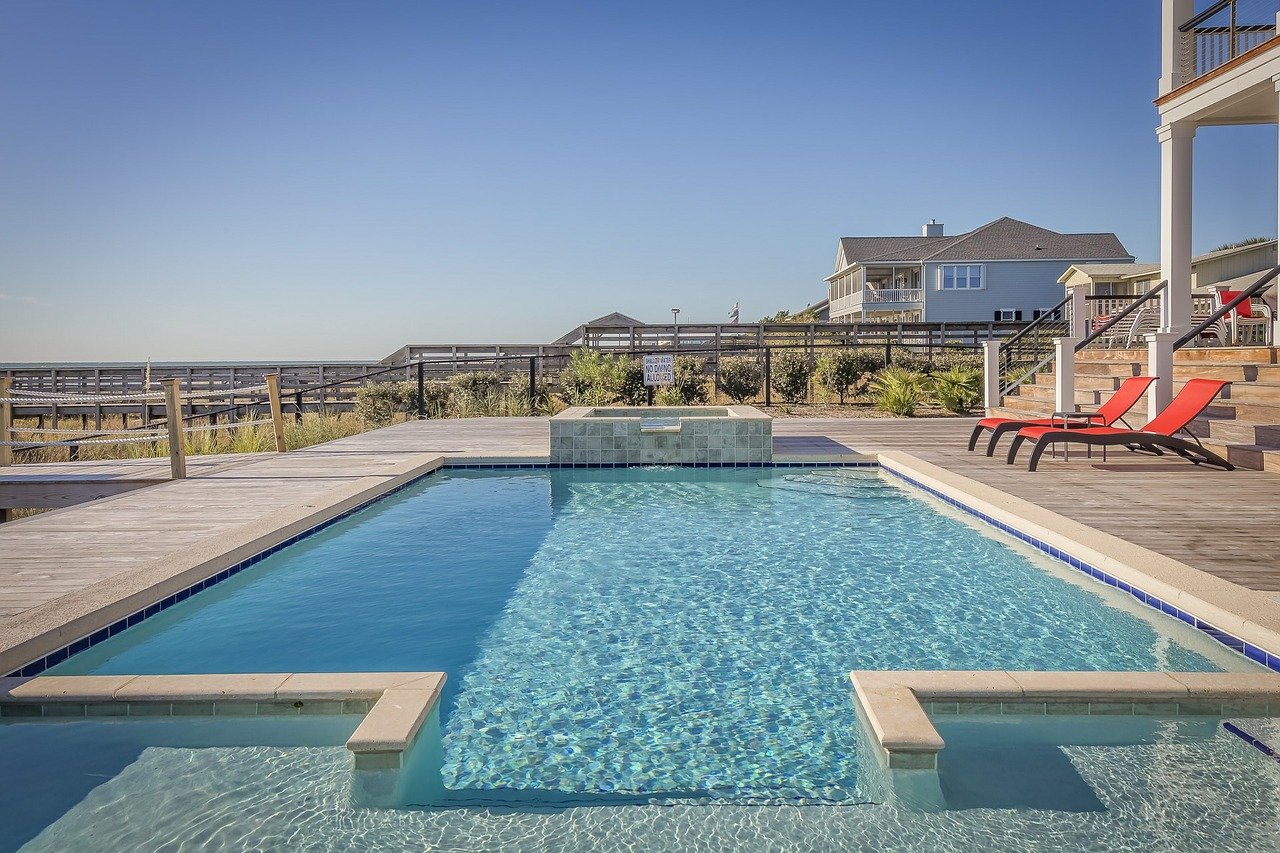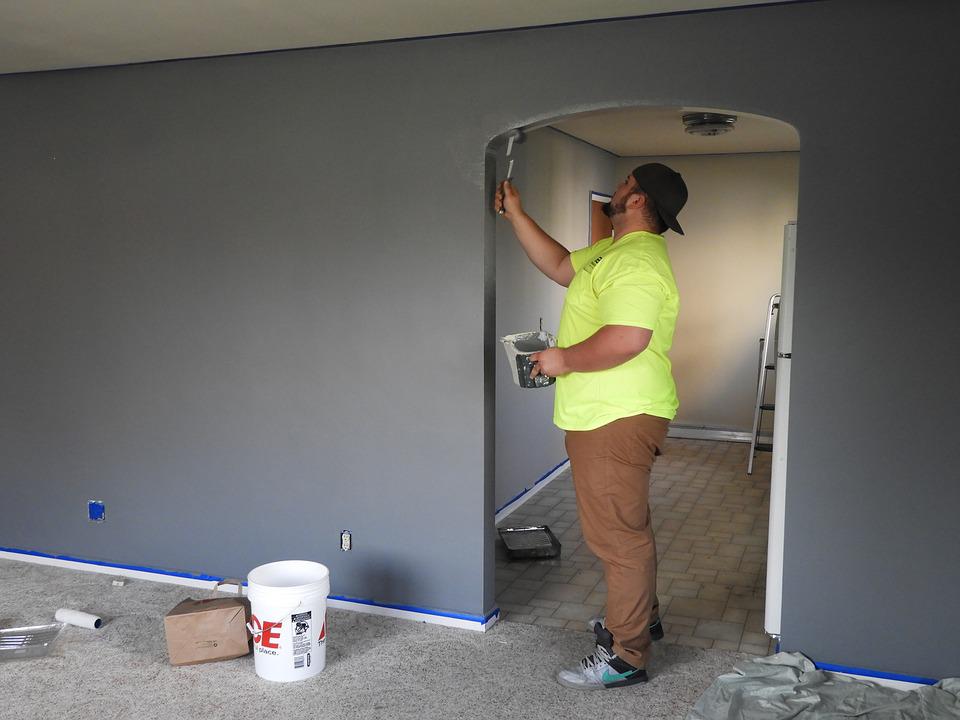Swimming pool waterproofing is an important part of swimming pool maintenance. If your swimming pool is not waterproofed properly, water will leak in and cause extensive damage to the structure of the swimming pool and the surrounding area. In this blog post, we will see three main points to keep in mind when waterproofing your swimming pool.
The first main point is to use the right waterproofing material. There are many different types of waterproofing materials on the market, and not all of them will be suitable for your swimming pool. Make sure to choose a material that is specifically designed for swimming pools.
The second main point is to apply the waterproofing material properly. This is critical if you want the waterproofing to be effective. Make sure to read the manufacturer’s instructions carefully and follow them closely.
The third main point is to regularly maintain the waterproofing material. This involves checking it for damage and repairing any tears or holes as soon as they are noticed. If left untreated, small tears can quickly turn into large leaks.
These are three important points to keep in mind when waterproofing your swimming pool.
How does it work?
Waterproofing a swimming pool is actually quite simple. The most common type of waterproofing material is a liquid membrane that is applied to the surface of the pool. This membrane forms a barrier between the water and the concrete or other material that makes up the pool wall.
There are two main types of swimming pool waterproofing: coatings and membranes. Coatings are usually applied as a thin layer over the entire surface of the pool, while membranes are designed to cover specific areas where leaks are likely to occur.
The most important factor in choosing a waterproofing material is how well it will perform in your specific climate. Make sure to choose a product that is compatible with your local weather conditions.
Swimming pools can be found in all types of climates, from tropical to arid. Waterproofing should be chosen based on what type of swimming pool you have and where it is located geographically.
In areas with cold winters and hot summers, swimming pools need waterproofing that can withstand extreme temperatures over longer periods of time than other swimming pools might require.
For example, if your swimming pool is in a location that receives high amounts of snowfall each year then it will take more durable waterproofing products than one in an area with little rainfall or warm weather all year round.
In conclusion, there are many factors to consider when waterproofing your swimming pool. It is important to choose the right products for the climate and environment in which the swimming pool is located. By following these tips, you can be sure that your swimming pool will be waterproofed properly and last for years to come.















Leave a Reply